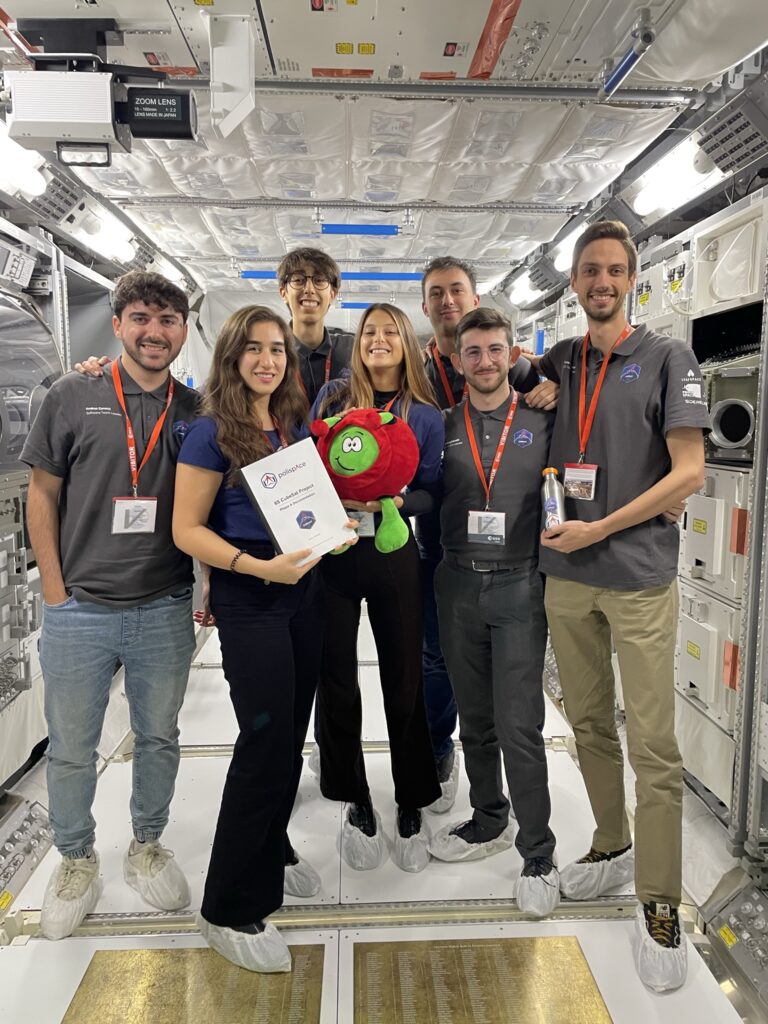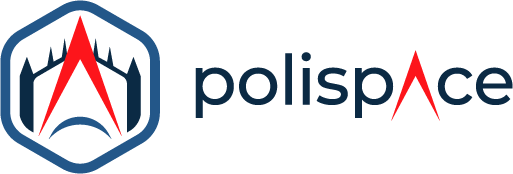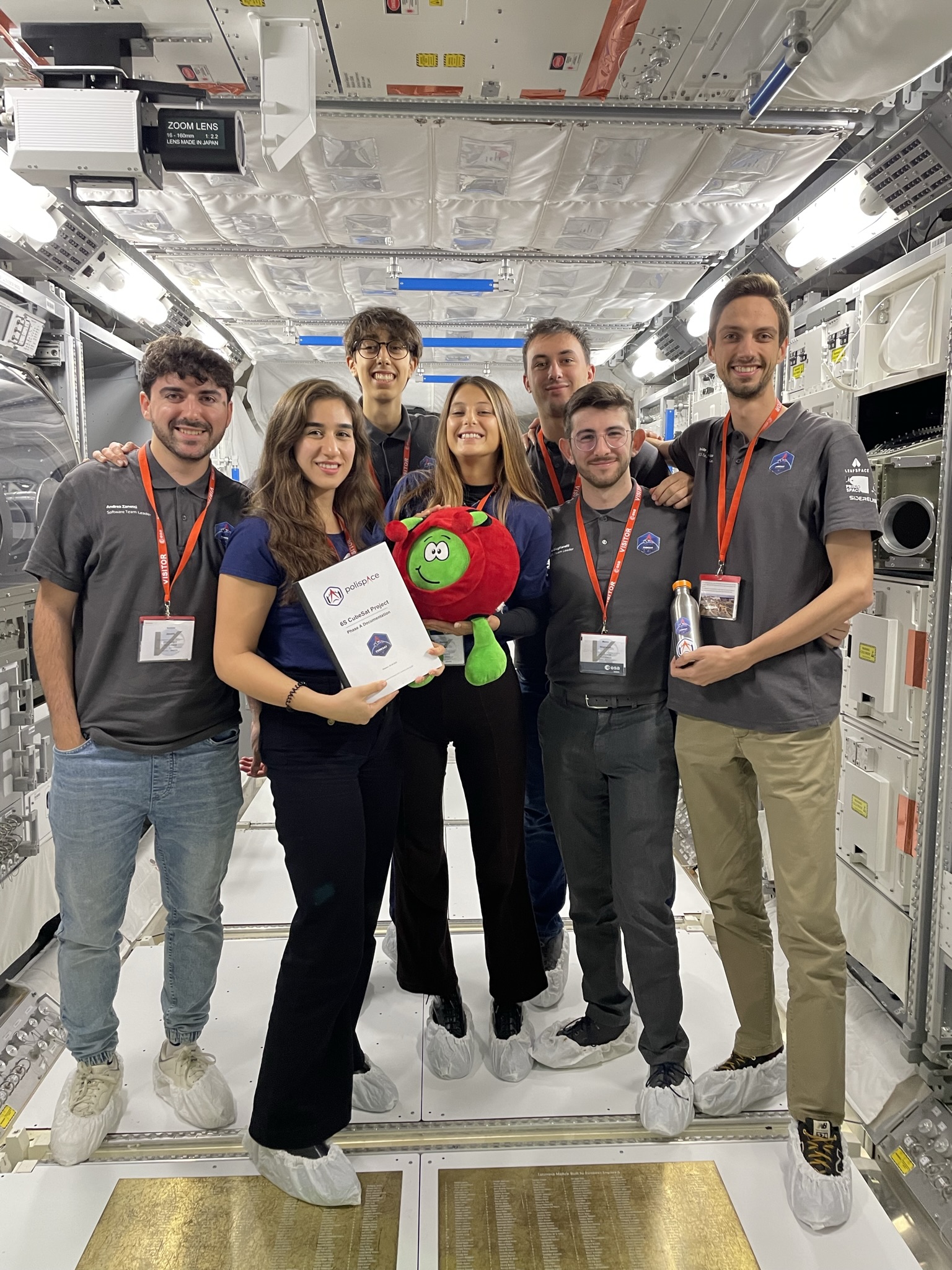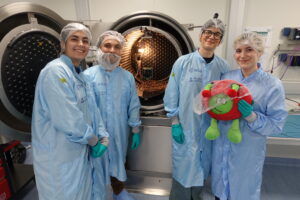Christmas has come early for the 6S team this year! The team received excellent news a few days before the holidays: ESA selected their mission for the “Fly Your Satellite! Design Booster” programme. It’s another outstanding achievement for the team that declared the project’s Phase A completion only a few months ago, as we detailed in the previous article.
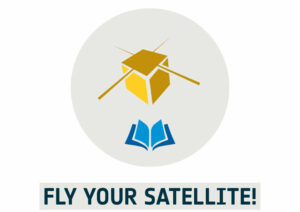
What is the "Fly Your Satellite! Design Booster" programme?
“Fly Your Satellite! Design Booster” is an ESA pilot activity for university CubeSat groups. The programme’s purpose is to help students during the early stages of their projects. ESA experts will teach standard space mission design practices through webinars and workshops. They will also support students in identifying improvements and issues by considering the entire mission lifecycle from an engineering, resource, and expertise perspective. It’s an excellent opportunity to consolidate what has been done so far and plan the subsequent phases under the wise guidance of industry professionals to facilitate future development activities, making the project more reliable
How did we get there?
In a nutshell, the application process started in September 2022. It consisted of an initial proposal which teams were shortlisted after, an updated proposal, and a final presentation during the Selection Workshop in December.
After submitting the first proposal, 6S was shortlisted to attend the Training Week of the programme with eleven other groups from ESA member states. The team leaders of AOCS, TCS, Software, EPS, TMTC, and System Engineering departments flew towards ESTEC-Netherlands with the Project Manager as representatives of the rest of the 6S Team.
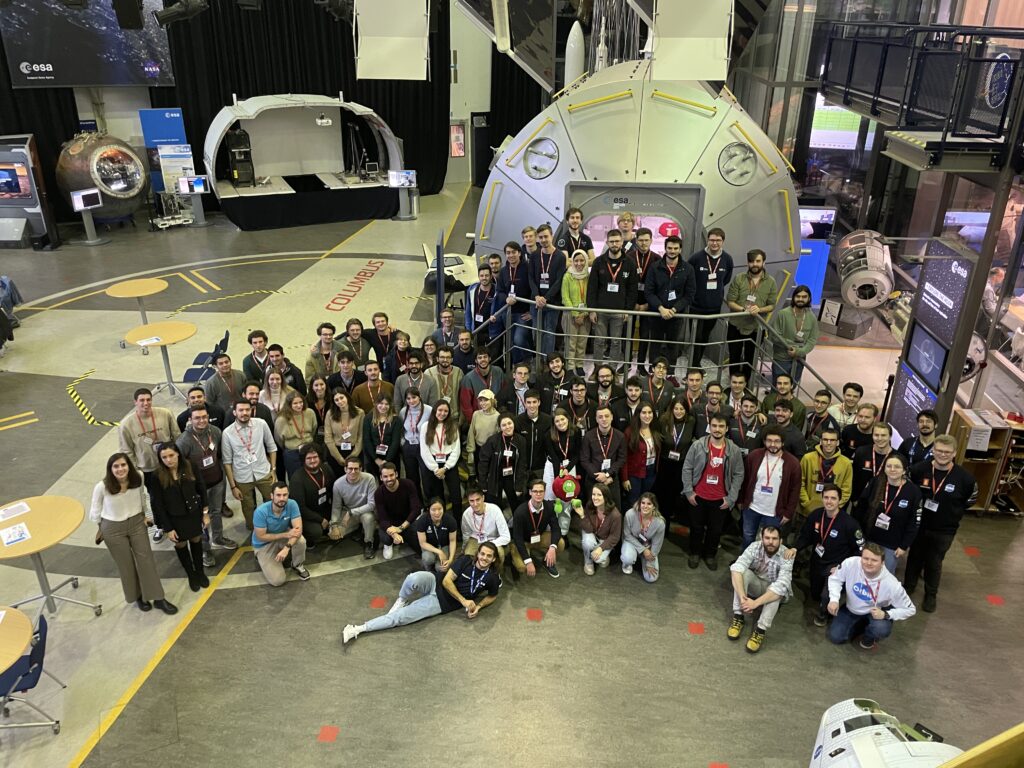
For five days, the team attended lectures and interactive workshops held by ESA experts on different spacecraft design disciplines. Moreover, they had the chance to witness the live passage of the ESA OP-SAT satellite over the ground station at ESOC and visit the propulsion laboratory and the Concurrent Design Facility where ESA missions are born. The opportunity of socializing with other teams and exchange ideas and knowledge took the experience to another level.
The outcomes of the week were beyond the imagination of the participants. Although the design direction was correct, they learned several lessons, and professionals helped them refine their approach to certain aspects they still needed to explore fully. The group left ESTEC with much-acquired knowledge, which they shared with the rest of the team to define the future steps.
In the following weeks, all the members worked tirelessly to update the 6S mission proposal to defend their project before a panel of experts. The team’s efforts were fruitful, with the great news of their selection a couple of weeks after the Selection Workshop.
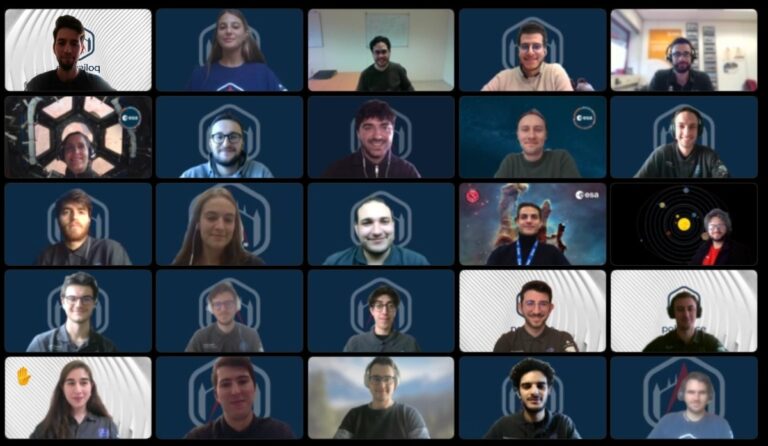
What's next?
In the next eighteen months, the team will work with the ESA experts to reach the final design review of the 6S CubeSat. The first milestone is the Baseline Design Review, which will last from January to March. In this period, the general status of the CubeSat will be examined in reference to the documentation provided by the team. The objective is to identify the critical issues of the mission and find the solutions ahead of the following phases. After which, the Design consolidation will take place and extend up to February 2024; it will include prototyping, analysis, and testing at the CubeSat Support Facility in ESEC (dependent on the progress). Finally, the program’s last phase would be the Final Design Review and Co-locations around the second quarter of 2024. Throughout the program timeline, the team will be followed up by the ESA experts monthly to report the progress and discuss the main challenges and suggested solutions.
The initiative is funded with the contribution of Politecnico di Milano.
Follow this link to learn more about the 6S mission: https://polispace.it/6s-cubesat-project/
